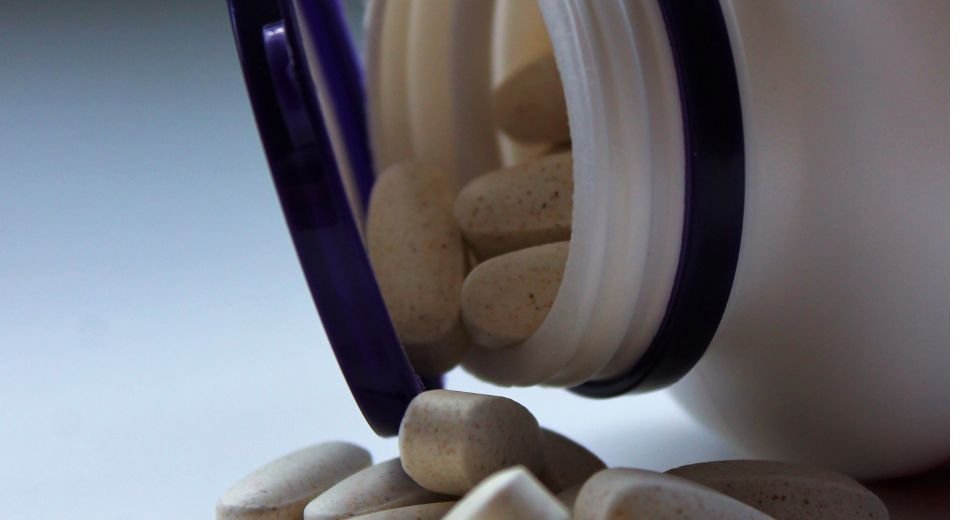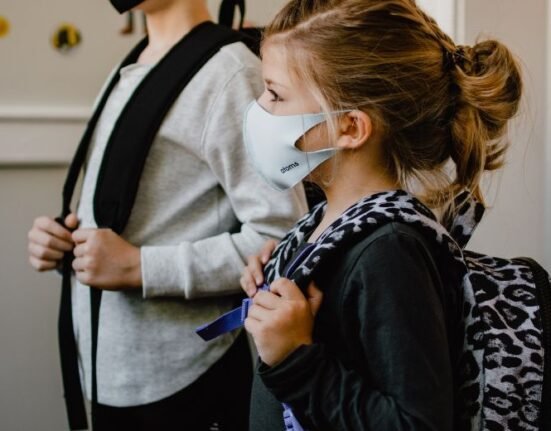HQ Team
March 18, 2023: An independent advisory panel appointed by the Food and Drug Administration (FDA)has recommended full approval of antiviral pill Paxlovid for high-risk adults over 50. The panel voted 16-1 to recommend full approval,
The agency is slated to make a final decision in May
Paxlovid was approved by the FDA in December 2021 for high-risk individuals ages 12 and up. Pfizer submitted an application for full approval of the drug in June 2022, but the FDA extended its review till December.
The Antimicrobial Drugs Advisory Committee (AMDAC) voted 16 to 1 based on Pfizer’s three mid- to late-stage clinical trials on Paxlovid that enrolled more than 6,000 patients across 21 countries. It said the available data supported the safety and effectiveness of PAXLOVID™ (nirmatrelvir tablets and ritonavir tablets) for the treatment of mild-to-moderate COVID-19 in adult
Pfizer’s EPIC-HR trial for Paxlovid reduced the risk of hospitalization or death by 86% in adults treated within five days of symptom onset, and 89% in those treated within three days of symptom onset, according to an FDA review of the company’s data.
Pfizer appreciated the vote and pointed out that there are 200 million adults in the U.S. at high risk of severe COVID. More than 12 million doses have been delivered by Pfizer in the U.S., including more than 10 million that have been prescribed. Pfizer’s sales of Paxlovid reached $18.9 billion in 2022.
Drug interactions
But advisors agreed that serious adverse reactions due to interactions between Paxlovid and other drugs are a key safety concern.
More than half of Paxlovid-eligible Medicare and other patients are on medications that have drug interactions with Paxlovid, according to an FDA review of safety surveillance data. Also, adult primary care practitioners may not be experienced in managing possible adverse drug interactions, the FDA review added.
The most common drugs that caused problems were immunosuppressants, which are often used to treat HIV and organ transplant patients, the FDA said.
Dr S Swaminathan, chief of the division of infectious diseases at the University of Utah’s School of Medicine and a panel member said that drug interactions should be “addressable and minimized.”
Patient representative Terry Gillespie was the lone dissenting voice on the panel. She contracted COVID “four or five” times with one hospitalization, and is overweight and has one lung. She said the doctors were not willing to give her Paxlovid due to dosage concerns.
Rebound Concerns
There are fears of rebound Covid cases. That’s when patients see their Covid symptoms return or get a positive test after they initially recover.
“I am concerned that there’s not a good understanding in the medical community and an actual dissuading of patients from taking an effective drug that could save their life,” Dr Swaminathan said. President Joe Biden and Dr Anthony Fauci are prime examples of people who received this medicine cocktail but still showed up positive again sometime later.
There is a general belief that the rebound cases are more severe and worse than before taking the drug, but Dr Swaminathan said there is a lack of data supporting that belief.
An FDA review of Pfizer’s clinical trials found overall rebound rates ranged from 10% to 16%, “with no evidence of a higher rate of symptom rebound or moderate symptom rebound” in patients who received Paxlovid compared with patients who received a placebo.
The FDA said immunocompromised people might benefit more from longer courses of Paxlovid. Pfizer is continuing research on the use of Paxlovid in immunocompromised patients.








